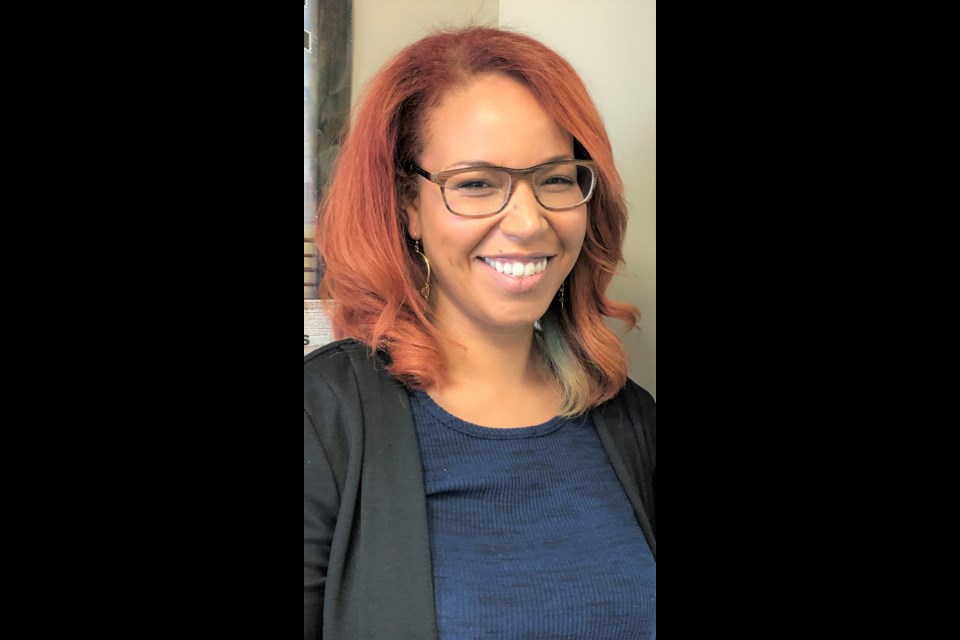Nema Atsu is the new branch director for the Canadian Mental Health Association (CMHA) — Moose Jaw chapter and is looking forward to serving the community in new ways.
Atsu is replacing Donna Bowyer, who served in the position for 28-and-a-half years. Bowyer stepped down to focus on family and other projects. She will continue to serve as the director of training and education for the CMHA’s Saskatchewan Division.
“I’m excited,” Atsu said on June 20, the day Bowyer stepped down.
Atsu grew up in Moose Jaw and volunteered with the CMHA in high school. Atsu attended university in Calgary and convocated with a degree in psychology and a diploma in social work. She has worked in the mental health field throughout Western Canada during the last few years. She also supervised a peer-support program, so the branch director position seemed liked a good fit.
Atsu went into this field since she knew friends and family who were affected by mental illness and didn’t know how to help them. She decided to pursue education in university that would teach her how to help people recover.
The CMHA is close to her heart because of how inspiring the members are and because she grew up around them and volunteered with them, Atsu explained. She loves the mental health field and enjoys watching people “blossom into who they’re meant to be.”
Having moved back to Moose Jaw, Atsu — going into her third week on the job — acknowledged the work Bowyer did during her three decades as branch director.
“They are very big shoes to fill,” Atsu laughed. “But she has been a very good mentor, so I’m hoping I can take what she’s taught me and what I’ve learned working in other provinces to live up to what she’s done.”
“She’s going to take it in new directions,” replied Bowyer.
Atsu wants to find new ways to make the branch’s peer-support program grow and to serve more people in the community. She would also like to promote the CMHA’s name more and all the services it offers.
Reducing stigma and dispelling misconceptions around mental illness is another objective Atsu wants to pursue. She believes this can be done through more education and more awareness. She noted one misconception is that mental illness happens to weak people.
“It can happen to anybody,” she said.
One in five people will be affected by a mental illness this year, said Bowyer. Meanwhile, one in two people will be affected by a mental illness in their lifetime. However, people are afraid to reach out for help.
“When we think about stigma, we think about two parts,” Bowyer said. “There’s the prejudice, which is those mistaken beliefs. And then there are the actions.”
Mistaken beliefs cause people to think that someone acquires mental illness since they are lazy or weak, which is “ridiculous,” Bowyer continued. This mentality causes people to respond differently to those with mental illnesses, which leads to isolation and loneliness for the sufferers.
Atsu believes the peer-support program can be used to help everyone in Moose Jaw by erasing stigma and providing tips to support friends, neighbours and relatives affected by mental illness.
“I’m excited …,” she added. “I’m looking forward to working with everyone and the city of Moose Jaw.”




